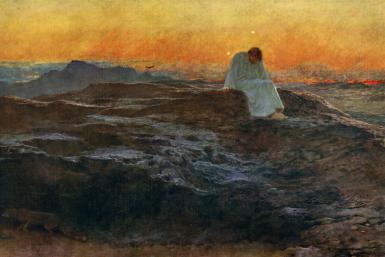Reflections on preparing for a journey: themes from trials in the wilderness scripture
Not all those that wander are lost. — J.R.R. Tolkien Wandering re-establishes the original harmony which once existed between man and the universe. — Anatole France Every day is a journey, and the journey itself is home. — Matsuo Basho Faith is taking the first step even when you don’t see the whole staircase.— Rev […]

